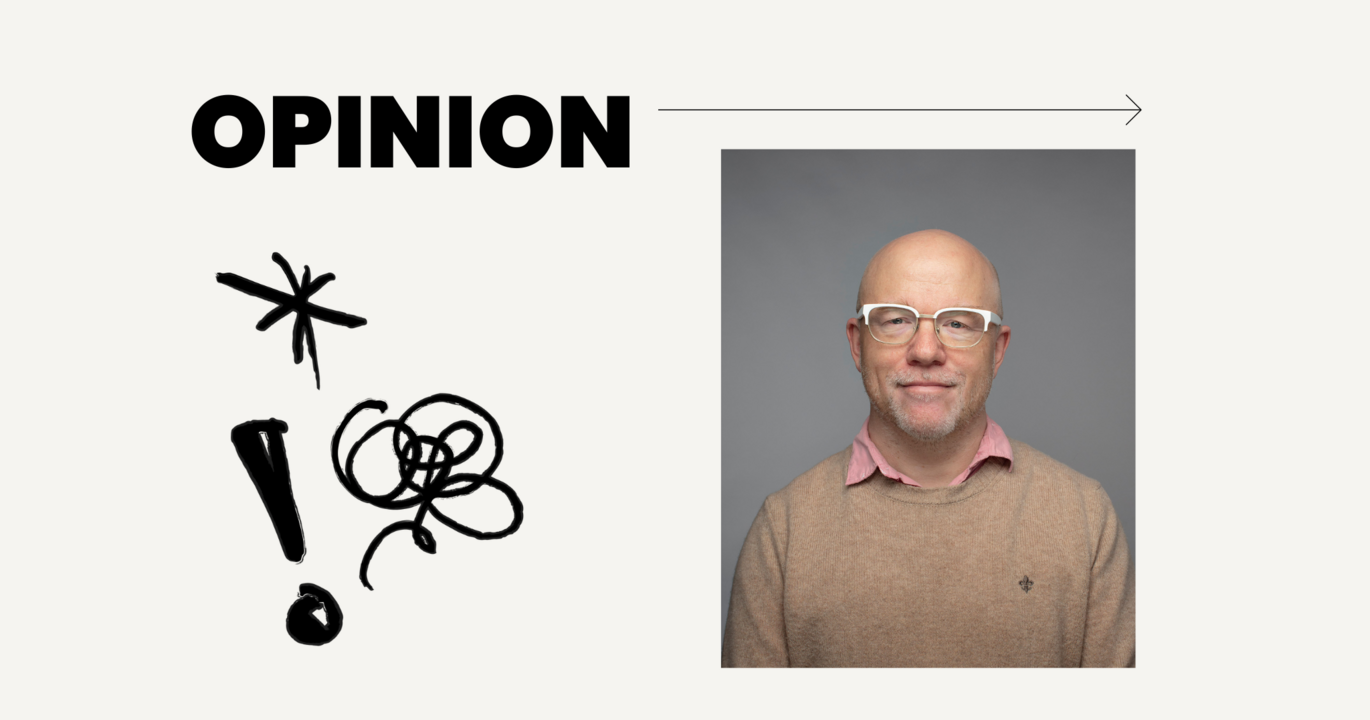OPINION: It's time for a clear path to full professorship at Danish universities
As a 15-year veteran of the U.S. academic system, having gone through the full trajectory from assistant to associate to full professor at Purdue University and the University of Maryland, I was taken aback upon discovering the promotion structure at Danish universities when I joined Aarhus University last summer. At AU, and indeed across all of Denmark, there's a glaring gap in our academic career trajectory: the lack of a clear path from associate to full professor, writes professor of Computer Science Niklas Elmqvist.

In the U.S., every tenure-track assistant professor is automatically on the path to becoming tenured and promoted to associate, and every associate is automatically on the path to becoming a full professor. While the criteria for becoming a full professor are less defined than those for tenure, it usually takes 5-8 years for an ambitious associate professor to achieve this rank in the North American system. The main distinction between the ranks lies in reputation: full professors are expected to have international recognition and to influence their entire field, while associate professors may focus on national impact and their immediate academic community. This difference is often reflected in the external evaluation letters for promotion.
The Danish system is unfair and counterproductive
In contrast, Danish associate professors face a peculiar predicament. To become full professors, they cannot be promoted within the university itself but must instead apply to open full professor calls and compete with an international pool of candidates. This system is not just unfair; it's counterproductive.
We should be rewarding and nurturing our own faculty, not forcing them to fend for themselves in an open market.
We should be rewarding and nurturing our own academic staff, not forcing them to fend for themselves in an open market. This approach is particularly unwise for retention purposes. If our talented associate professors aren't given a path to promotion within their own university, they may easily seek opportunities elsewhere —even outside Denmark—where their talents are more appreciated.
To be sure, Denmark is not alone in requiring its academic staff to find greener pastures when seeking promotion. Germany, for example, is notorious for lacking a clear path from junior to full professor. Accepting one of the few rare full professor positions offered every year in Germany typically requires relocating halfway across the country. In fact, proponents of this approach call it "healthy" that academics are required to switch institutions to broaden their horizons and facilitate the free exchange of ideas.
I say that there are better ways to prevent stagnation. Why do we reward our faculty members' loyalty to their university by forcing them to seek promotion elsewhere, and then uprooting their lives and families when they find it? And for those who are unable to move because of a spouse, children, or family: should they be forced to forever toil as associate professors until their own institution deigns to open a full professor position that they can then endeavor to fill?
Wanted: A clear path to promotion
Interestingly, Denmark has recently introduced a well-defined path from assistant to associate professor with the tenure-track system. It's high time we extend this reform to the associate-to-full professor trajectory as well.
Here's what I propose: The clock to becoming a full professor should start the moment your promotion to associate goes into effect. This doesn't mean promotion should be automatic—far from it. We should establish clear, measurable guidelines and requirements for advancement to full professor. However, there shouldn't be arbitrary limits, financial or bureaucratic, that prevent people from realizing their potential.
The key is to create a path to promotion—and not just a five-year "exceptional talent track" ("forfremmelesesprogram til professor") reserved for extraordinary early-career cases. This path should be open to all associate professors who demonstrate the required excellence in research, teaching, and service.
Perceptions of academic hierarchy shaped by the language
One peculiar aspect that may have bearing on this situation is the Danish language itself, where only full professors are addressed as "Professor." (Swedish is the same.) This is different from the U.S., where all faculty members, from assistant professors up, carry this title. While this distinction might seem to add prestige to the full professor rank, it may actually be holding us back. I find that the American approach of calling all faculty members "professor" serves to demystify the title and reduce its inherent prestige, which could encourage this career progression to become more normalized. There's a lesson here about how language shapes our perceptions of academic hierarchy.
I find that the American approach of calling all faculty members "professor" serves to demystify the title and reduce its inherent prestige.
It is worth noting that not everyone can or should become a full professor. In fact, not everyone wants to. However, everyone who has the aptitude and desire should be given the opportunity to do so. Let's not let outdated structures smother the potential of our most promising scholars.
With this in mind, it's time for Aarhus University—and the Danish university system as a whole—to reform the path to full professorship. By creating a clear promotion trajectory, we can better retain talent, motivate our staff, and ultimately strengthen our academic institutions.
Niklas Elmqvist is a Villum Investigator and a (full!) professor of computer science at Aarhus University.
Proofreading by Sarah Jennings

